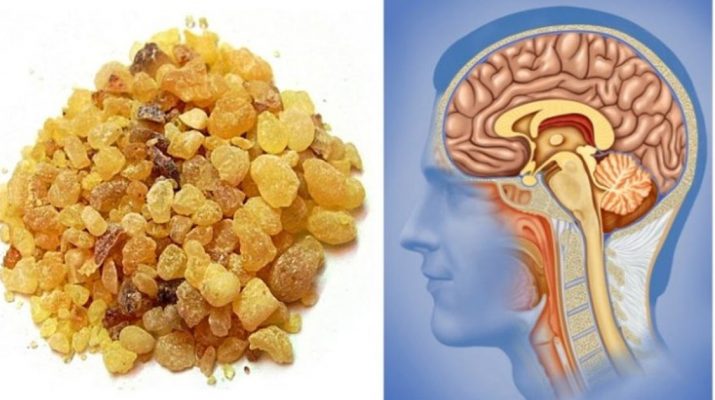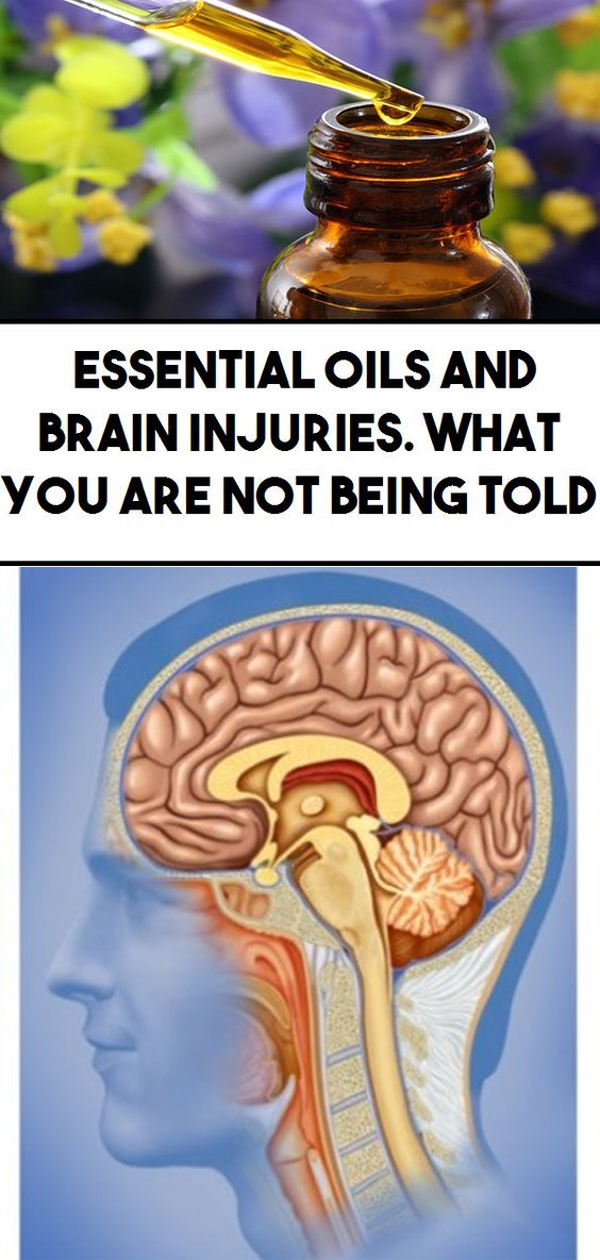Have you ever felt a smell that instantly brought back memories? Have you ever enjoyed a smell so much that you felt completely relaxed and happy? Our sense of smell is very powerful, and it is the only one directly linked to the limbic system, which is the brain part in charge of our emotional, physical, and psychological responses.
Essential oils and their scent are powerful healing agents. Aromatherapy, or essential oil therapy, is an alternative medicine practice that utilizes aromatic essential oils derived from many different healing plants.
The inhalation of the scent molecules of an essential oil stimulates the olfactory system, the part of the brain linked to smell. Molecules that enter the nose or mouth pass to the lungs, make an immediate exchange with the blood and reach other body parts.
When they reach the brain, they affect the limbic system, which is related to memory, stress, blood pressure, emotions, heart rate, breathing, and hormone balance.
According to researchers from the universities in Vienna and Berlin, sesquiterpenes, a natural compound found in essential oils such as frankincense, sandalwood, cedarwood, vetiver, and patchouli, can increase oxygen levels in the brain by up to 28 percent. This, in turn, helps the brain treat various health issues, strengthens the immune system, regulates hormones, boosts learning and concentration, and energizes the body.
According to Dr. David Stewart:
“Sesquiterpene molecules deliver oxygen molecules to cells as hemoglobin does in the blood. Sesquiterpenes can also erase or deprogram miswritten codes in the DNA. Sesquiterpenes are thought to be especially effective in fighting cancer because the root problem with a cancer cell is that it contains misinformation, and sesquiterpenes can erase that garbled information.
At the same time, the oxygen carried by sesquiterpene molecules creates an environment where cancer cells can’t reproduce. Hence, sesquiterpenes deliver cancer cells a double punch-one that disables their coded misbehavior and a second that stops their growth…
The American Medical Association (AMA) has said that if they could find an agent that would pass the blood-brain barrier, they would be able to find cures for ailments such as Lou Gehrig’s disease, multiple sclerosis, Alzheimer’s disease, and Parkinson’s disease.
Such agents already exist and have been available since Biblical times. The agents, of course, are essential oils-particularly those containing the brain oxygenating molecules of sesquiterpenes.”
Essential oils improved the concentration of students with ADHD, aged 11-12, making them calmer and able to quickly recover from upsets.
In the late 80s, scientists found that the amygdala plays a role in storing and releasing emotional trauma, and essential oils can repair trauma, without causing any side-effects, unlike commercial pharmaceuticals.
Frankincense oil has been shown to increase the oxygen flow to the brain, accelerating the healing of head trauma and injuries. The extra oxygen in the brain leads to improved memory and emotional releases.
Jasmine essential oil is commonly used in aromatherapy, as it promotes optimism, soothes the nerve, treats depression, restores body energy, and improves memory.
The following essential oils are excellent in the treatment of anxiety: frankincense, lavender, clary sage, basil, and ylang-ylang. In the case of depression, you should use jasmine, lemon, bergamot, clary sage, and mandarin essential oils, while lemon, sandalwood, geranium, and Roman chamomile essential oils will significantly reduce stress.
Yet, make sure you always use 100% Therapeutic grade essential oils, which are completely free from impurities, and laboratory tested. All you have to do is to diffuse a few drops of the chosen essential oil to a cold diffuser and inhale the vapors. Also, you can apply a drop of the oil on the hands, and breathe in the scent.


